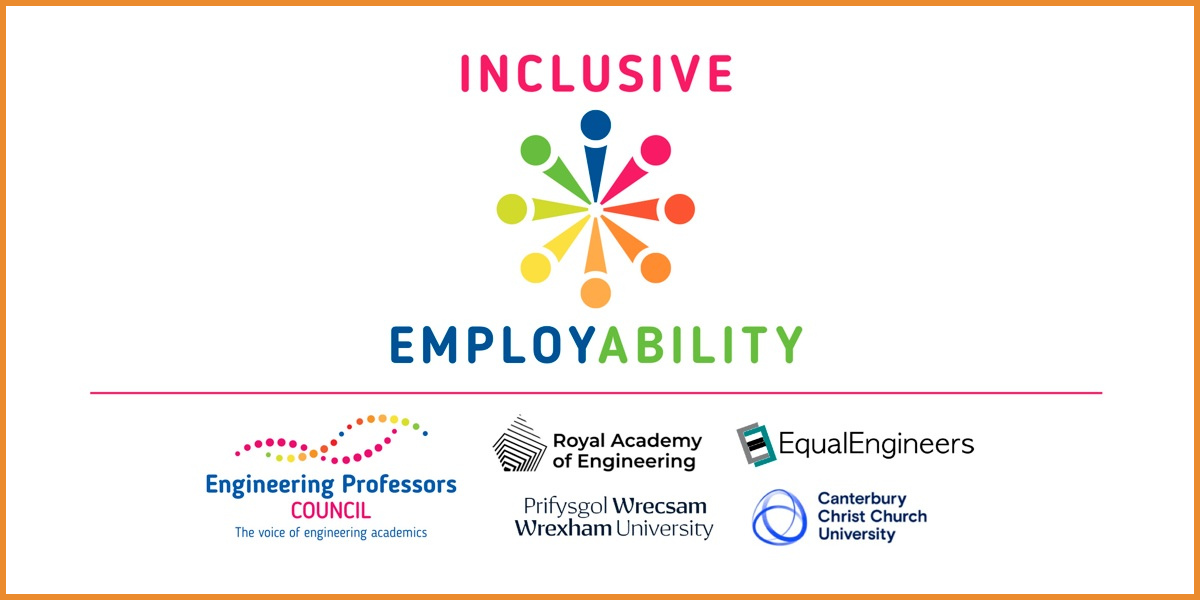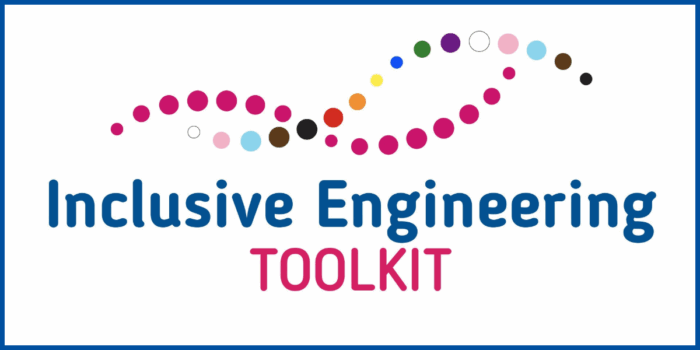
Objectives: Engage in a mentorship relationship within EDI-focused networks, either as a mentor or mentee. This exchange fosters personal, professional growth and strengthens EDI communities through shared knowledge and experiences.
Introduction: Engaging in mentorship within EDI-focused networks, as either a mentor or mentee, fosters personal and professional growth while strengthening inclusive communities. Through peer support and mentoring groups, you can connect with others facing similar challenges, diversify your networks, and challenge social norms to promote social justice and inclusivity.
Topic: Building inclusive communities through EDI mentorship: fostering growth, networks, and social justice.
Keywords: Mentoring; Equity, Diversity and Inclusion; Justice; Social responsibility; Collaboration; Ethics; Professional development; Leadership or management.
Resources and support
A guide for employers, employees, and future employees on the reasons to implement reciprocal mentoring. Click here to access the PDF guide.
Reciprocal mentoring
In the video below, Professor Anne Nortcliffe highlights the concept and benefits of reciprocal mentoring, emphasizing mutual learning, inclusion, and shared growth between junior and senior colleagues.
Video summary:
🎯 Purpose: Reciprocal mentoring differs from traditional mentoring, where typically a senior guides a junior — here, both parties learn from one another.
🔄 Mutual learning: Both mentor and mentee bring valuable perspectives, creating opportunities for shared growth and understanding.
🧑🎓🧑💼 Generational exchange: Junior staff share insights from their generational and workplace experiences, enriching the senior staff’s awareness and approach.
🗺️ Career navigation: Seniors still provide guidance in navigating career paths and adapting to changing professional landscapes.
❓ Interview tip: During job interviews, ask if the employer has a reciprocal mentoring program — if not, use the provided toolkit to highlight its benefits.
📣 Authentic voices: Socially underrepresented individuals can bring their lived experiences into the conversation, promoting inclusion.
🌍 Inclusive environment: Reciprocal mentoring fosters diversity, equity, and inclusion within the workplace.
🧑🤝🧑 Collaborative impact: Mentors become advocates in senior spaces, amplifying the visibility and contributions of their mentees.
🚀 Opportunities: Mentors may champion their mentees for key projects and leadership development opportunities.
💡 Take initiative: If your workplace doesn’t offer reciprocal mentoring, suggest it to HR and help lead the implementation.
Peer support
Organise or join peer support/mentoring groups with fellow graduates or students who may experience similar challenges as you. You can use these groups to hear other people’s experiences relating to employment and how to thrive in the workplace.
Join organisations such as:
- AFBE – Association for Black & Minority Ethnic Engineers offers mentoring for students.
- Equal Engineers - provides reciprocal mentoring opportunities.
- WES - Women in Engineering Society offers MentorSet mentoring scheme.
Build and diversify your networks
Build networks and participates in social economic and ecology justice events
- Become a STEM Ambassador
- Support Primary Engineer
- Be STEMAmazing
- Get involved in Girls who CODE
Embrace social justice
- Research and apply engineering practices that advance social and environmental justice: How to incorporate social justice into engineering design in seven steps
- Reflect on social justice themes and explore how they can enhance your work and contribute to a better world.
- Evaluate employers’ ethical standards to ensure alignment with your values. Highlight your social justice values in your CV and interviews and inquire about the company’s ethics.
- Expand your network to include diverse perspectives and experiences.
- Engage with people from varied backgrounds to broaden your understanding and challenge societal norms.
Challenge social norms
- What is your own view about the world and the way things are?
- Are they okay as they are and if so, why?
- Fact or fiction media narratives?
- What assumptions have your made?
- Who benefited from these assumptions?
- What are your values?
- Are these assumptions aligned with your values?
- Use this way of thinking as you develop your own work and projects.
This work is licensed under a Creative Commons Attribution-ShareAlike 4.0 International License.
Any views, thoughts, and opinions expressed herein are solely that of the author(s) and do not necessarily reflect the views, opinions, policies, or position of the Engineering Professors’ Council or the Toolkit sponsors and supporters.
Please note: Discussions around discrimination, prejudice and bias are highly complex and part of a much wider national and international debate, including contested histories. As such, we have limited the scope of our resources to educating and supporting students.
The resources that the EPC and its partners are producing in this area will continue to expand and, if you feel there is an issue that is currently underrepresented in our content, we would be delighted to work with you to create more. Please get in touch.




